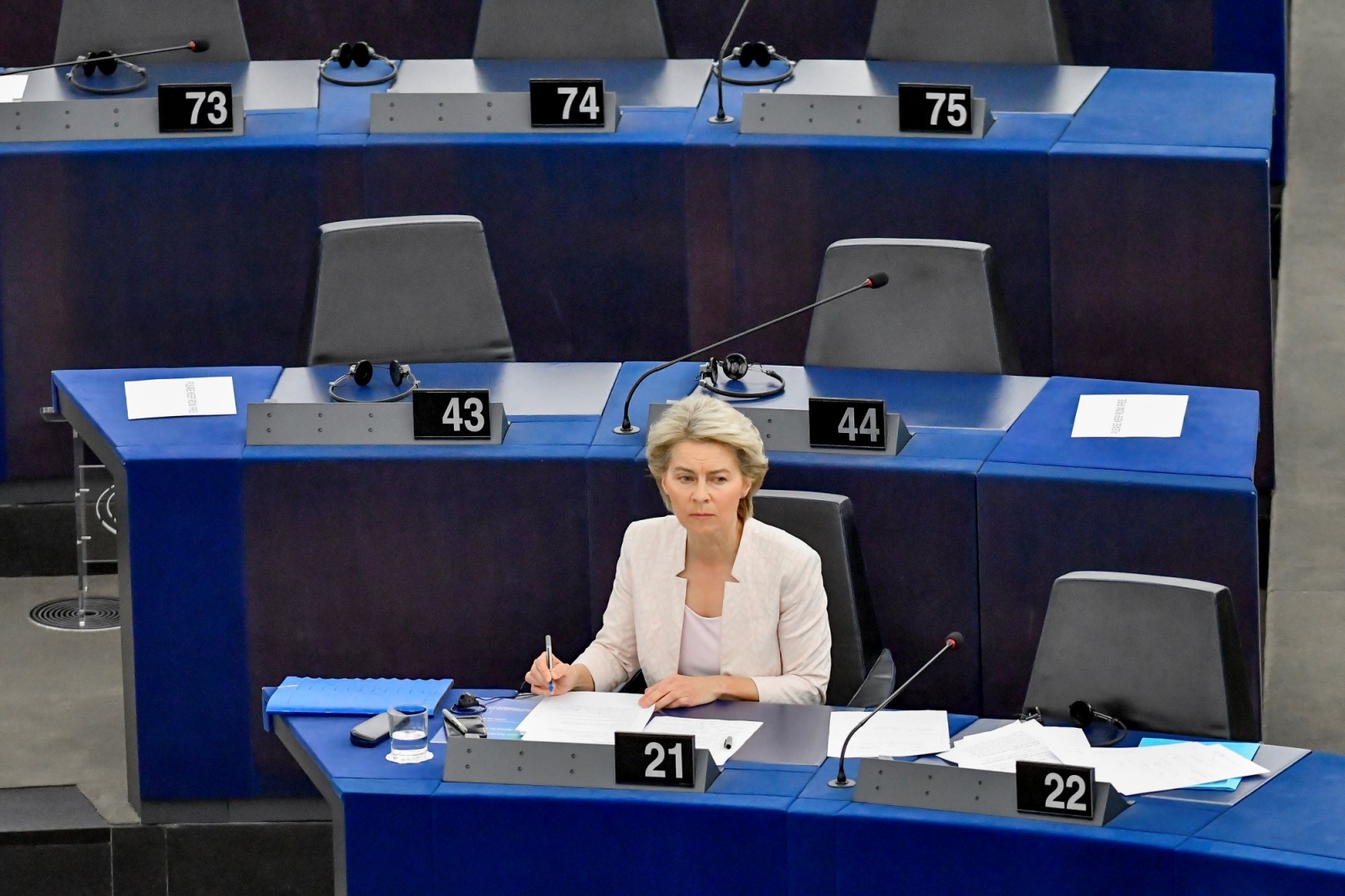What impact will the new Parliament and EU Commission have on the Green Deal? This is the question that companies, finance, and analysts have been asking themselves for days, amidst the tense political situation in France, the G7 led by a greatly strengthened Giorgia Meloni, and the continuing geopolitical complexity, including Chinese import duties, Ukraine, Palestine, and Africa. Materia Rinnovabile discussed these topics with Alessandro Lanza, director of FEEM, Fondazione Eni Enrico Mattei, to get his point of view.
We can safely say that the mother of all questions for the green economy sector right now is whether the Green Deal will be dismantled or not.
We have a parliament that has shifted slightly to the right, but not as much as some expected. The real answer, however, will come from how the Commission will be formed. I think we might not see big changes. The coalition that supported von der Leyen's first term could reform and we would in fact find ourselves with similar political equilibria.
If the Green Deal will survive, what will its pillars be?
Emission mitigation and adaptation to climate change, linked to issues such as electrification, the energy mix, electric motorisation. In some of these areas, such as electric cars, we will see some slowing down due to the increased weight of the right, which has campaigned on this and wants to stop the import of technologies from China, batteries and photovoltaics above all. But the use of fossil fuels will continue to drop, even if not with the necessary speed. We must continue to support solar and wind power, despite the opposition of the right, and open the debate on nuclear power, with mini-plants and waste management. Other battles, such as pesticides and agricultural reform, given the electoral weight of these issues -- for example in France -- will certainly slow down.
You push a lot on the issue of adaptation.
The concentration of CO2 emissions in the atmosphere is out of control. We will not be able to stay within 1.5°C. So decarbonising is the crucial challenge and there are a few tools to make it happen. Since we will not stay within the climate ranges considered safe by science, the impacts will be inevitable and will affect citizens. So Europe needs to take major action on adaptation, with policies and funding.
Let’s go back to France: the country has always stood out for its support of the Green Deal but is now entering a complex political phase. How do you see it?
The dissolution of the French parliament is a gamble for Macron, who remains in office: either let Le Pen's far-right govern and prove to the citizens that it is not capable of doing so, or form a strong coalition and prevent this right from going the last mile and reaching power. Of course Macron could lose this gamble and this would also have major impacts in Europe. Macron has taken a very interventionist position in Ukraine and the next French government will have to position itself with respect to the president. But it’s not unprecedented to have the president of one colour and the government of another.
The markets are still nervous, waiting for a clear signal on who will head the Commission.
The markets are fundamentally conditioned by the level of uncertainty. As I said, I think it is likely that an alliance and convergence around Ursula von der Leyen will consolidate: when she is confirmed, investment will resume. The decision to lower interest rates is already helping the market and hopefully there will be more to come. On green investments common sense will prevail.
This article is also available in Italian / Questo articolo è disponibile anche in italiano
Cover image: Ursula von der Leyen by Philippe Stirnweiss © European Union 2019 - Source : EP



